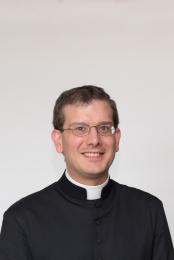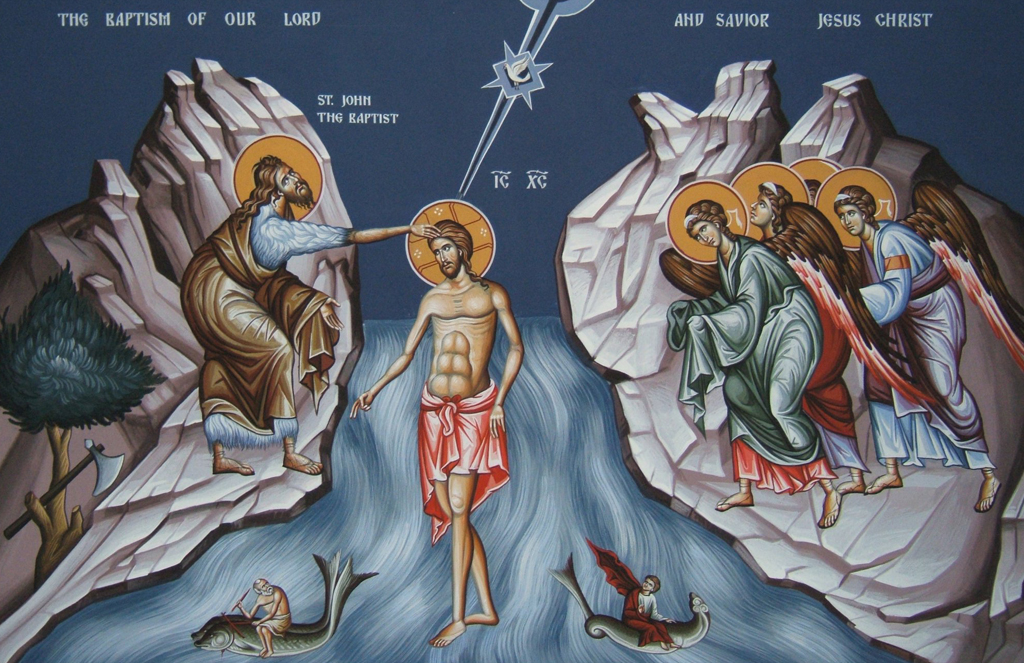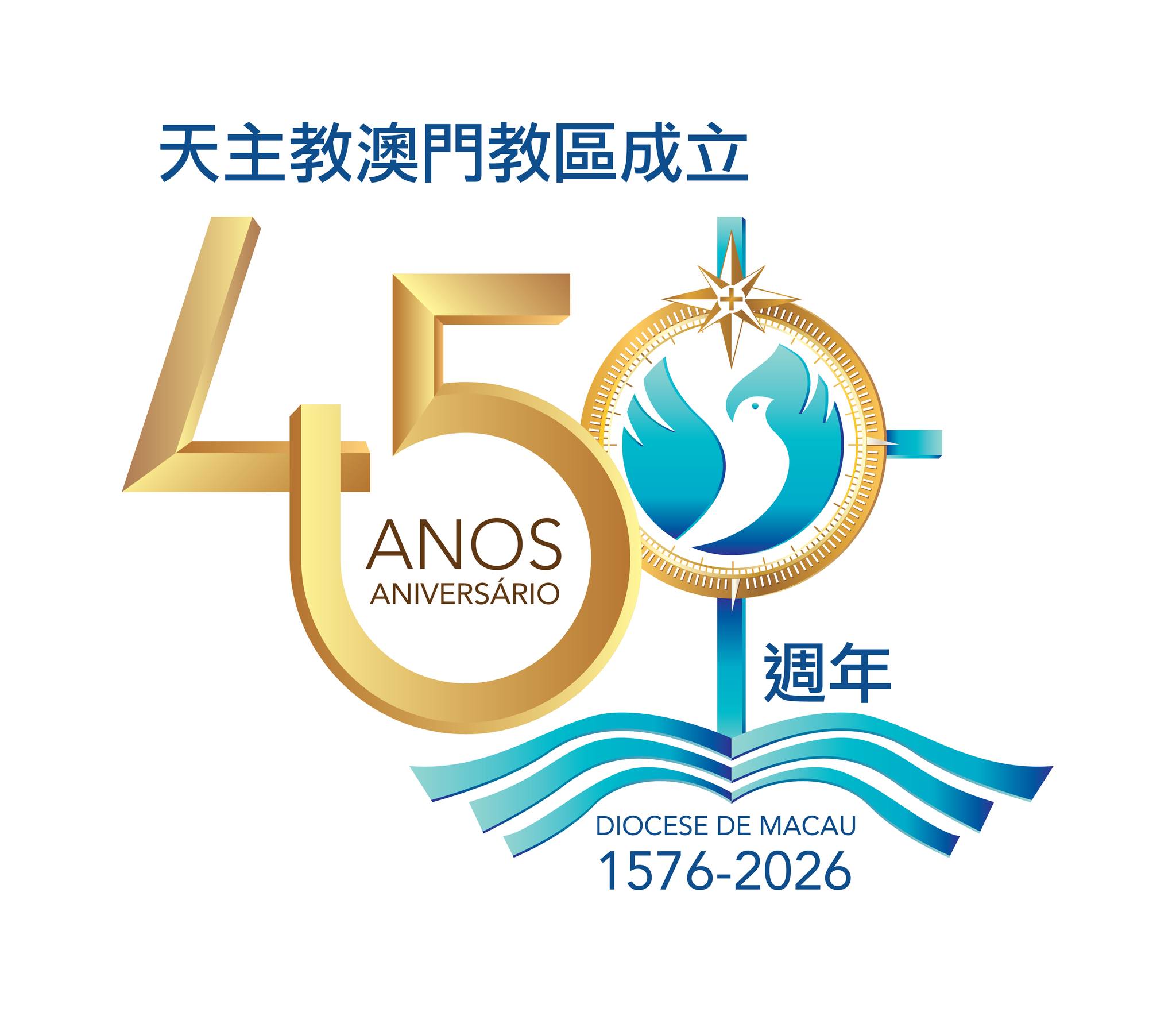– Aurelio Porfiri
Father Juan José Silvestre is a liturgist and a priest of the Opus Dei personal prelature. Despite his young age he has had several responsibilities in the prelature and in the Church. He teaches at the Holy Cross Pontifical University and is the author of several publications. His books include Con la mirada puesta en Dios: Redescubriendo la liturgia con Benedicto XVI (2014). And with Benedict XVI we start our conversation.
When we talk about Benedict XVI, there are two main opinions: there are those still longing for his attempt to restore the dignity of the liturgy and other who see this same attempt as a way of going back in history, not being able, so to speak, to read the “sign of times.” What do you think about this?
I think that the years of Pope Benedict were a going deeper and a continuation of what John Paul II did. In his own way, this is also what Pope Francis is doing. I think that one of the main points of Pope Benedict regarding liturgy is to restore the primacy of God. And this can be seen also in some of the speeches of Pope Francis on liturgy (they are not many), when we speak about adoration, this concept that is little known or deepened in our western liturgies. This is more present, as mentioned by Pope Francis in his interview returning from Brazil, in eastern liturgies, where this divinity of the liturgy, this primacy of God, this adoration is affirmed with more strength. I think that Pope Benedict (following Vatican II) and other pontiffs in with different ways, is trying to restore this primacy of God in the liturgy, this putting God in the first place that is fundamental for us.
You were citing the years of John Paul II. With Redemptionis Sacramentum and Ecclesia de Eucharistia for example, the Pope attempted to put an end to the rampant abuses that were being committed. Don’t you feel that those years were really challenging for liturgy?
I would say that on one hand, from the Magisterum point of view, the directives of Saint John Paul II on liturgy are clear; we have Dominicae Cenae (1980), Ecclesia de Eucharistia (2003), Redemptionis Sacramentum (2004). I think is interesting to refer to the words of the then Cardinal Ratzinger in 1998, in a conference celebrating 10 years of the Ecclesia Dei document: “Liturgy cannot be governed only with laws.” Indeed, it is evident that if there is no interest in celebrating well, everything is pointless. To understand the care of Saint John Paul II for liturgy you should really see him celebrating the Mass. In a book of the Pope Emeritus Benedict XVI he says that to really know John Paul II you should concelebrate with him. One should see the Popes celebrate to have an idea about their care for liturgy. Sacramentum Caritatis has said that the best catechesis of the celebration is the celebration itself, well celebrated. So I think we need to insist and deepen our knowledge of the ars celebrandi, an ars celebrandi that is prayer – as Benedict XVI said. It is from there that a true catechesis of the Eucharist comes.
Do you think the attempt to restore the dignity of the celebration is a lost battle?
I don’t think it is a lost battle. We see many times that people are looking for this sense of sacredness, mystery, even in other things, like magic, oriental religions, etc…. this because they feel the need of meeting the divine. I think, what has to be recovered is the definition of liturgy given by John Paul II: liturgy is the privileged place where we can meet God. There is a need to make God present with the attitude of the priest, the community. So, as Benedict XVI has said, we have to return to the text of Vatican II. The first chapter of Sacrosanctum Concilium has to be reread with great care, the nature of liturgy. Liturgy is not a show, liturgy is not entertainment. There are other things for entertainment, but the Mass is not one of them. People want to meet God and when they are aware of this, the community is happy and thankful. They appreciate when they can see a priest who is an instrument of God. The show is tiring. The solution is not going back, the solution is to deepen our knowledge of what Vatican II has really asked us for the liturgy, studying the liturgical books.
You are talking a lot about Vatican II and this is understandable. Pope Benedict XVI has spoken of a hermeneutic of continuity.
I think the hermeneutic of continuity has opened a way, because before no one talked about it and now people are talking about this issue. The Pope has shown that there is a double hermeneutic, one of discontinuity (that is pointless), and the other of reform in continuity, that has a true sense of tradition, a true sense of faith (that progresses without betraying anything)… I think there is progress here because we can say that there is a reform of this kind. Before we did not talk about it. This is already an advantage. But we can see that we have a majority of faithful that suffer because of the activism of a few who are able to move a lot and talk a lot. There is also another minority that is trying to implement this reform in the continuity. But the great majority just suffers between these two groups. This is why we have to be able to transmit good things to new priests. We have nothing to lose in doing so and nothing is lost because – this is very important – it is the Holy Spirit that leads the Church. The last general audience of Pope Benedict XVI (February 27, 2013) should be listened to and considered very carefully. There he says that the Church is not our own, it is from God; liturgy is not our own, it is from God, from the Holy Spirit. We need to be assured about that. Certainly, there will be moments of darkness, periods which feel like a dark night, but he never lost the peace and assurance that it is God that is in command.
A very popular phrase, almost a slogan, at the time of Pope Benedict XVI is the one of the “reform of the reform.” It was used a lot but also the Holy See Press Office has said it is not convenient to use this phrase because it can give way to wrong interpretations.
I think that the liturgy is more important than the reform. This was said by John Paul II, and repeated by Pope Benedict XVI during the 50th anniversary of the Pontifical Institute of Saint Anselm. For some liturgists this is not clear, it seems that the reform is more important than the liturgy, that we need to continue to reform and reform. The reform was done and has to be lived, deepened and, maybe, improved. The reform is not a whole. As was explained by Card. Ratzinger there are the principles given by Vatican II, and then there is the interpretation given by certain commissions. Now, the work of these commissions can be scrutinized, because this is not Vatican II. It is true that after this there was the translation in liturgical books, but some liturgists do not refer to the main principles, they talk about “the spirit” etc. as if the liturgy should be an always “open building site.” But it is not. One thing is the Council, one is the reform and another are the liturgical rites. In the Council and in the liturgical books it is the Church enlightened that is speaking, in the period of the reform are experts that have their own ideas – they are not infallible. And also after 50 years we may look at these ideas and see the ones that are still working and the ones that are no more (or never were) valid. Pope Benedict XVI in Sacramentum Caritatis (3) said that there are some things that we have to deepen, some richness not yet discovered and lived. I have to say that the reform of the reform concept is an old concept. In a conference with the then prefect Card. Ratzinger, I noticed he preferred the concept of deep understanding of the reform. I know it is a concept that can generate discussions. For me it is not necessary to insist on things that are on the side, but we can talk about some main ideas. Liturgy is a living organism and there are elements that have to be deepened. We need to be more open and less rigid and traditionalist because liturgy is not crystallized in 1570 and is also not crystallized in 1970. We need to trust more in the Church and the Holy Spirit, be less attached to our own ideas, that maybe are as good or not, as the ones of the reform.


 Follow
Follow


